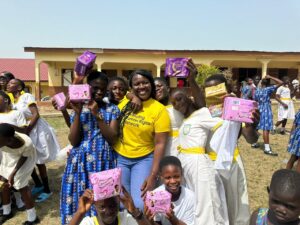
Each year on May 28, the world commemorates International Menstrual Hygiene Day. A reminder that menstruation is not a taboo, but a normal biological process that deserves dignity, education and policy attention.
In Ghana, thousands of adolescent girls lack access to accurate information about their menstrual cycle, affordable sanitary products and safe spaces to manage their periods. The result?
Shame, silence and missed opportunities. According to UNICEF, 1 in 10 girls in Sub-Saharan Africa misses school during menstruation, putting their academic progress and self-esteem at risk.
As a midwife and founder of Nkansahs Foundation, I have worked directly with girls in both urban and rural communities who resort to using unsafe alternatives such as rags and paper because they cannot afford sanitary pads. This puts them at risk of infections and long-term reproductive health issues.

Through initiatives like the FlowClean Project, we have trained over 230 girls on how to make reusable menstrual pads and distributed over 50,000 disposable pads since 2018. But individual efforts are not enough. We need coordinated national action.
Menstrual health must be integrated into public health policies, school curricula and community outreach.
Equipping girls with education and safe products is a low-cost, high-impact intervention that can drive gender equality, improve educational outcomes and promote reproductive health.
As we mark Menstrual Hygiene Day, let us break the silence, challenge the stigma and build systems that allow every girl to manage her period with pride, not shame.
Because when menstrual health is a priority, every girl has the chance to thrive.
Sarah is a midwife by profession and an advocate for reproductive, maternal, child and menstrual health and hygiene. As a radio host of ‘Talk to Your Midwife’, she uses the airwaves to spread crucial reproductive health information.
The post The Global Midwife with Sarah NKANSAH BOATENG: Ending the stigma: Promoting #period-friendly nation appeared first on The Business & Financial Times.
Read Full Story




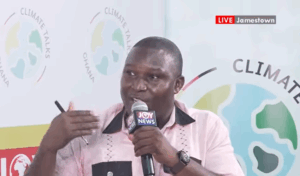








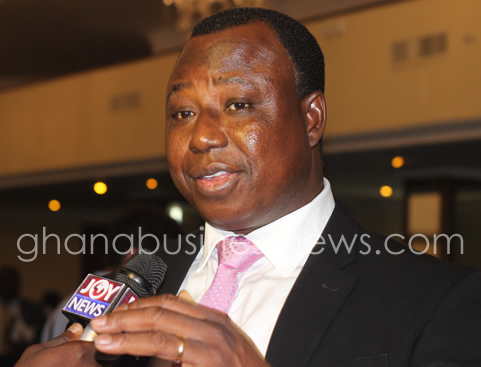
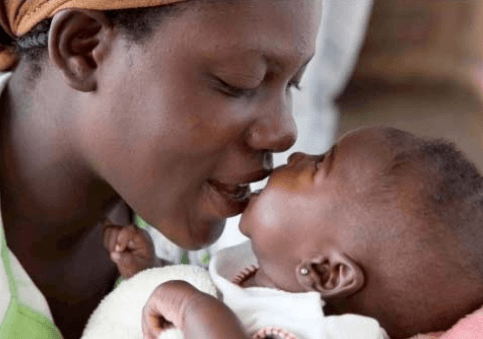
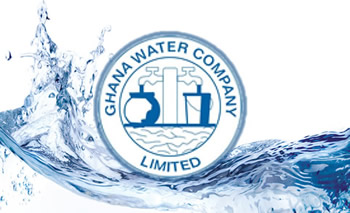

Facebook
Twitter
Pinterest
Instagram
Google+
YouTube
LinkedIn
RSS